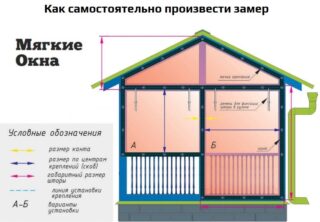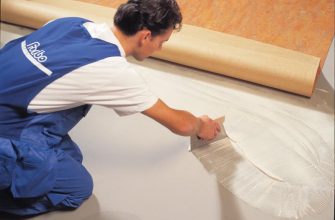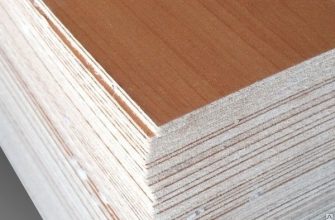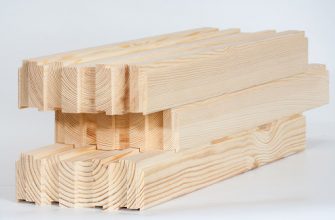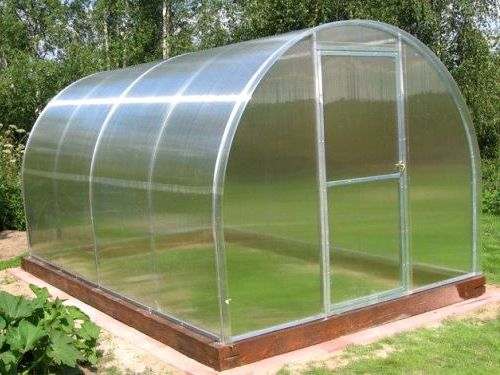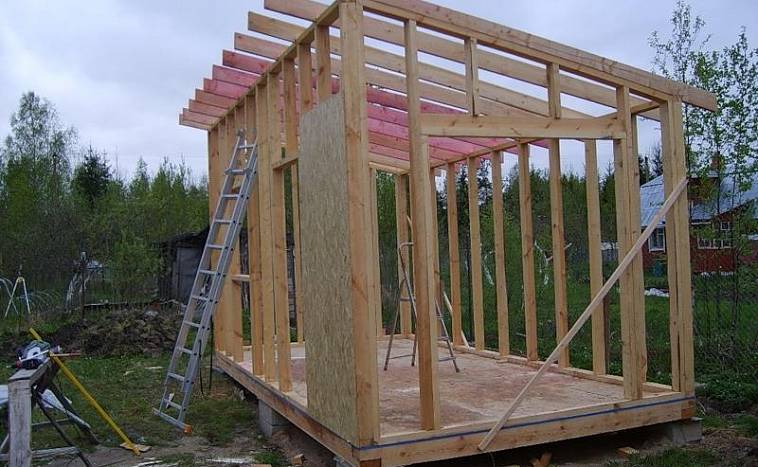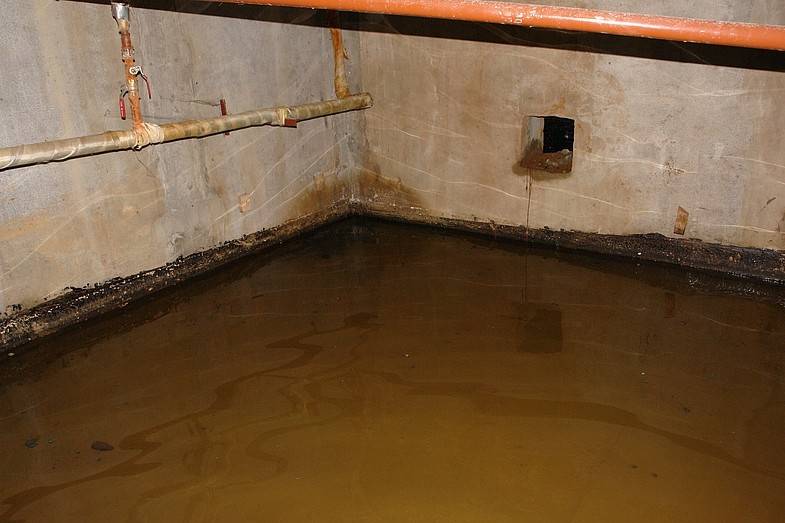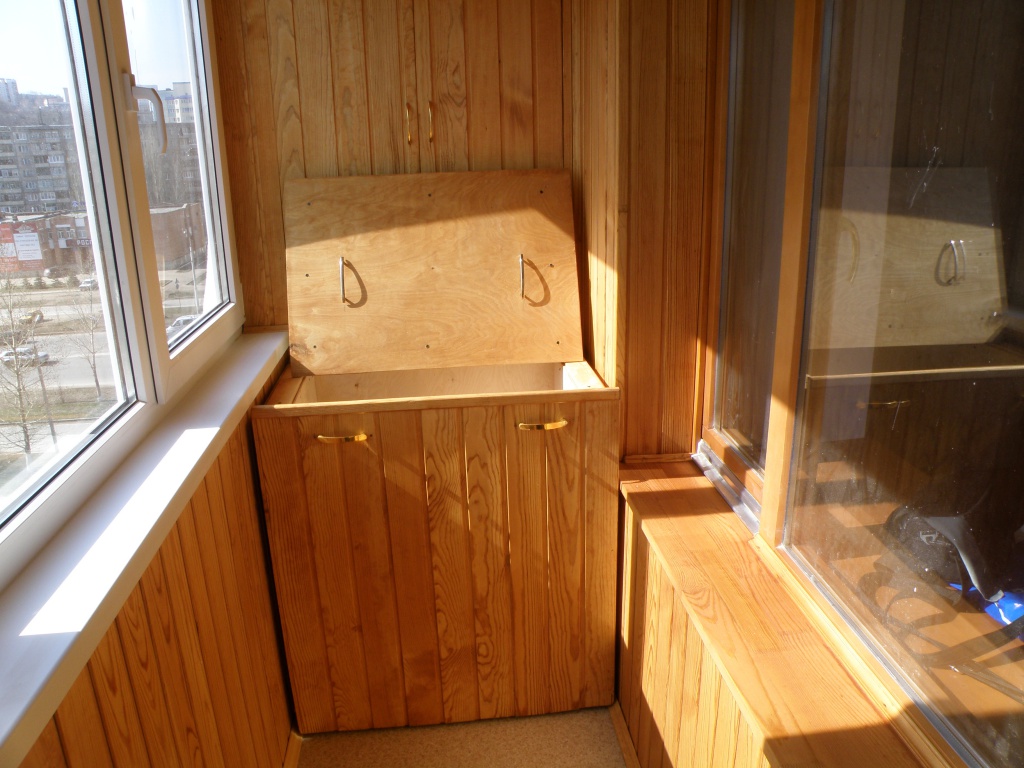You can make soft windows in the house, in the kitchen, bathhouse and gazebo with your own hands. This will allow you to achieve good savings without losing the operational and aesthetic characteristics of buildings. Translucent structures are distinguished by a wide range of advantages that have not gone unnoticed by summer residents and homeowners.
Features and characteristics of soft windows
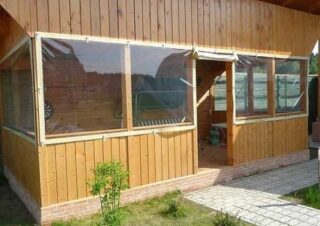
Roll-up transparent designs are an excellent and inexpensive alternative to popular plastic, timber and aluminum windows. The decision to make and install flexible windows with your own hands can be made out of a desire to cut the budget, in temporary buildings. After installation, rolled products do not spoil the structure at all, giving it an interesting, cozy and attractive look. The harmony and practicality of the building is preserved.
The material for the manufacture of flexible panels is polyvinyl chloride, less often polyurethane and polyester, which are less resistant to environmental influences, are used.
To assemble soft windows for gazebos with your own hands, a film is used that has the following characteristics:
- transparency - 90-95% of silicon glass;
- thickness - 600-800 microns;
- density - 500-750 g / m²;
- service life - 10-15 years;
- operating temperature - ± 50 ° C.
The film is produced in rolls with a width of 140 cm, an instruction manual is attached to the product. The set includes 5 cm wide PVC edging, round eyelets, swivel brackets and buckle straps.
Advantages and disadvantages
Owners of private real estate have highly appreciated the technology of soft windows and are increasingly preferring it when arranging residential and utility rooms.
The popularity is based on the following advantages of the products:
- Quite affordable cost. On average, together with components, it is 1200-1500 rubles / m².
- Easy to install. A person who does not have professional knowledge and skills can easily cope with it.
- Quick installation. It is not required to work with adhesives and mortars.
- High degree of transparency. In the best models, it is practically not inferior to standard glass.
- Absolute safety in relation to the composition of the material and the absence of sharp and dangerous fragments.
- Excellent tensile, compressive and tensile strength.
- Resistant to mold and mildew. Insects and animals are not interested in the film and even avoid it.
- Immunity to destructive factors of a destructive environment - heat and cold, water and ultraviolet light.
- Simplicity of care and maintenance, which does not require the purchase of expensive products.
- A wide range of colors, both film and accessories.
The main disadvantage is that the film is easy to cut, and after that it cannot be restored. The surface of the material is soft and becomes cloudy over time. For those who have presentability and showiness in the first place, PVC windows may not be suitable, since in these parameters they are inferior to modern glass counterparts.
Scope of soft windows
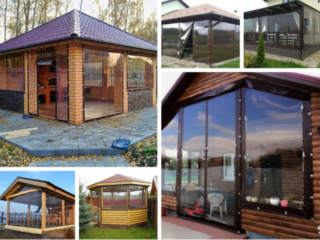
The scope of application of transparent roll products can only be limited by the imagination of property owners.
Film windows can be placed in the following places:
- capital houses;
- summer cottages and cottages;
- garages and workshops;
- gazebos and terraces;
- summer kitchens, toilets and showers;
- bath complexes;
- change houses and utility rooms;
- mobile restaurants and cafes;
- balconies and loggias in apartments in multi-storey buildings.
Enterprising farmers have adapted roll structures for arranging poultry houses, pigsties, cowsheds, greenhouses and greenhouses.
Instructions for making soft windows with your own hands
To work, you will need the following tools:
- roulette;
- electric drill;
- scissors;
- screwdrivers;
- a hammer;
- awl;
- stationery knife;
- marker;
- protective goggles and gloves.
The initial phase is carrying out measurements, drawing up a project, calculating and purchasing materials, preparing tools. The film is purchased with an allowance of 50 mm along the perimeter, the edging - according to its size. Eyelets and pivot brackets are purchased at 40 cm intervals from the bottom and sides, 30 cm from the top.

For beginners, the following step-by-step process for creating soft windows is recommended:
- Unfold the roll on a flat and clean surface, make markings, cut off the canvases of a given size. Leave them unfolded to smooth out any wrinkles left after storage.
- Take an iron or a tin clock, apply it precisely, fix it and solder the edging along the perimeter of the film. Provision should be made for the placement of the branded piping so that the eyelets are at the same distance from the corners and are symmetrically spaced among themselves.
- Attach the canvas with self-tapping screws through the eyelets to the upper part of the opening, wait until it hangs down and all the folds disappear.
- Install the upper brackets, thread the straps through them. Stretch the foil and mark the locations for the bottom and side brackets. Attach them to the frame.
- Insert the eyelets into the fittings, fix the canvas with fixing straps.
This completes the production, it remains to remove dust and debris from the film.
Installation rules
It is advisable to make roll-up windows in the warm season, since in the cold the polymer loses its elasticity and it will not work well to pull it onto the frame.
To achieve a mirror-like smoothness of the fabric, you should shift the staples to the outer side by 5 mm from the projection of the eyelets and pull it firmly onto the staples.
If a decision is made to fasten a canvas with a zipper in the opening, it must first be well developed so as not to exert effort when using it after being sewn in. Graphite powder or lubricant is an excellent way to achieve softness.
Operating conditions
Unpretentious to the environment, rolled PVC does not require any special operating conditions.
It is enough to observe the following rules:
- Periodically clean the material from dirt with soft brushes, woven napkins or foam rubber. Do not allow dirt to be absorbed into the film.
- Use inexpensive shampoos, liquid soap, or dish detergent to wash. Do not use aggressive acetone-based compounds and solvents.
- Do not carry out any manipulations on removing, installing, folding the film after lowering the ambient temperature below 0 ° C.
- For the winter, it is better to leave the windows stretched. If the climate is extremely cold, they should be removed from their hinges to avoid tearing in tense places. Temporary plastic ties can be used to secure the staples and eyelets together.
- If a decision is made to remove roll structures for the frost period, it is better to twist them rather than fold them. In places where it is kinked, the polymer may crack.
The requirements are simple, but their observance will help preserve the practical and aesthetic properties of soft windows throughout the entire warranty period specified by the manufacturer.


